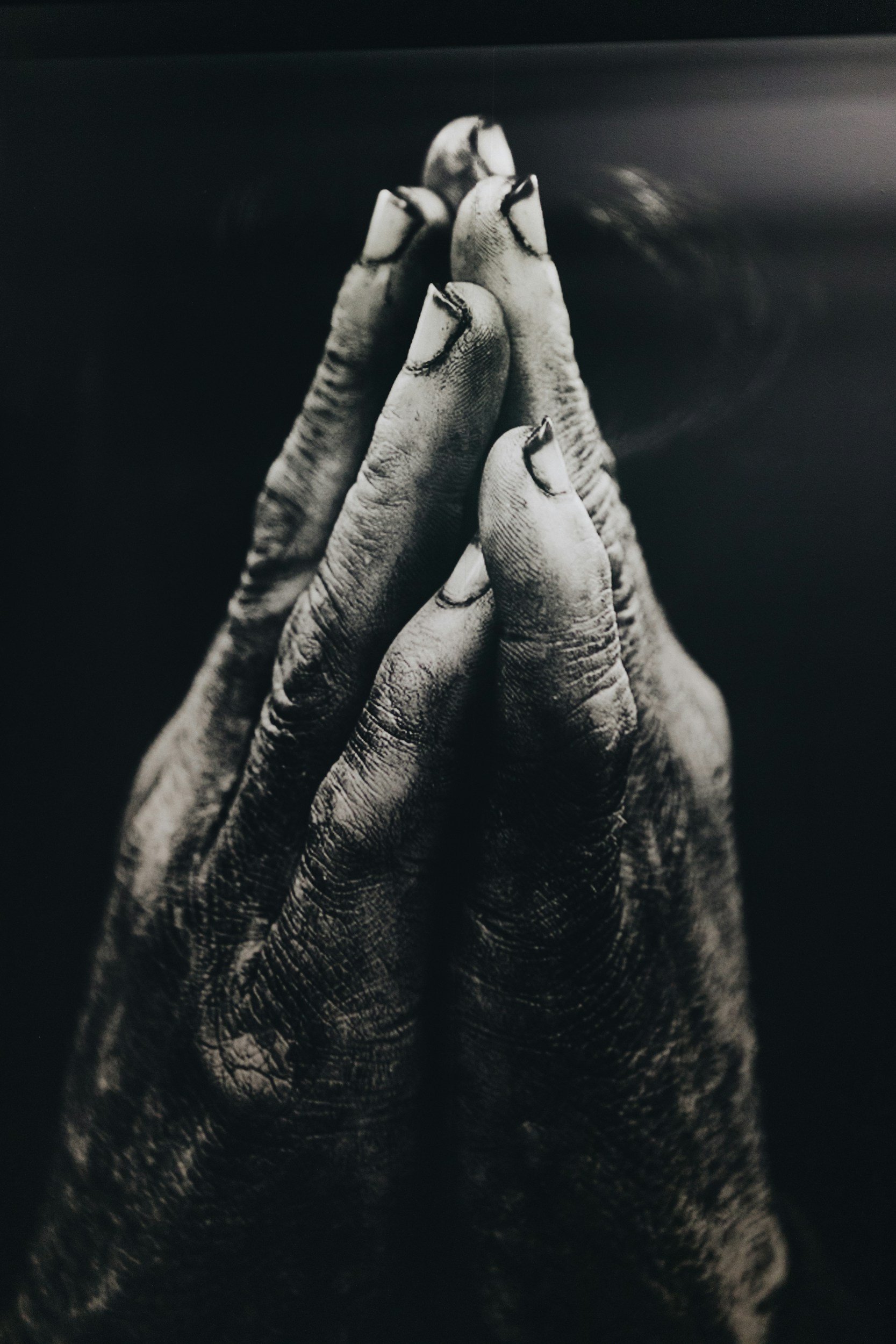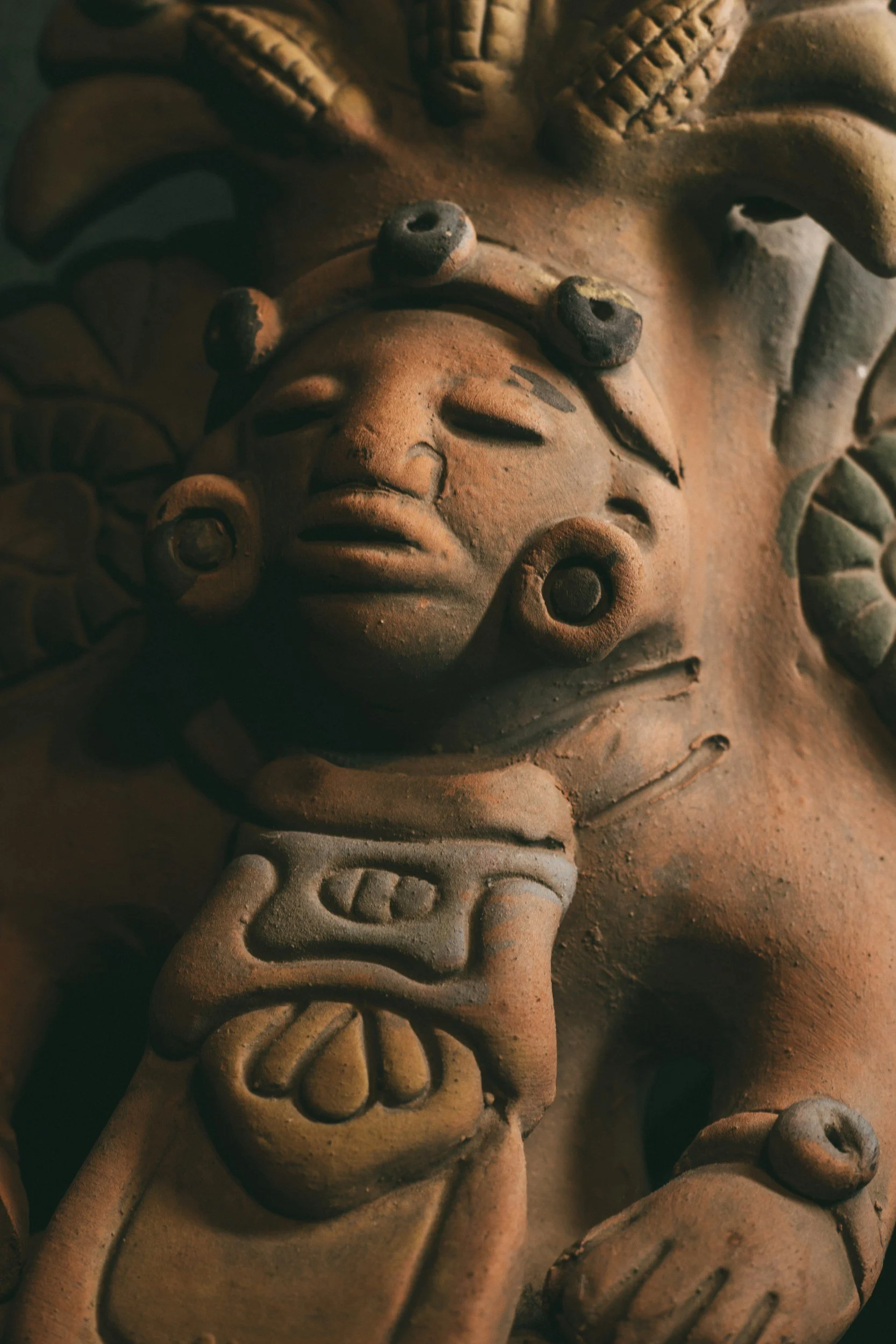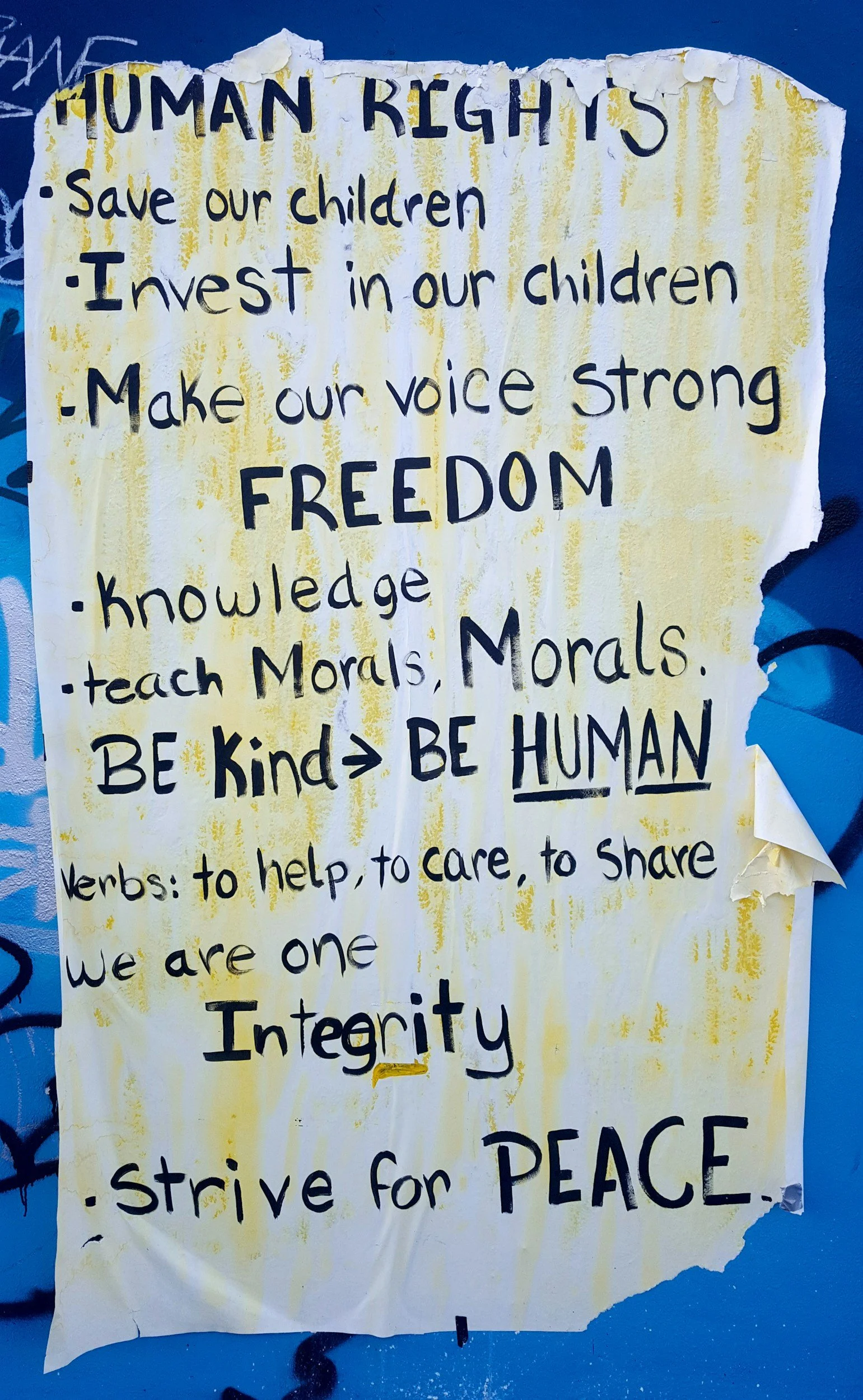On Subjective Consciousness & Cultural Context
When it comes to the human condition (human existence), subjective consciousness and cultural context play pivotal roles in shaping how our realities and experiences are formed. The Igbo concept of Uwa Achiko which suggests the existence of micro worlds or subjective realities, provides an in-depth understanding of how subjective consciousnesses can create unique realms of understanding. This blog post highlights the intricacies of subjective consciousness, cultural context, and the wisdom of our primordial ancestors who mastered these concepts.
Uwa Achiko: The World of Subjective Realities
Uwa Achiko compounds the notion that each person's reality is a microcosm, a subjective world shaped by their consciousness. These micro worlds are as diverse as the individuals who inhabit them, influenced by personal experiences, beliefs, and perceptions. This concept underscores the value of acknowleding and respecting the multitude of realities that coexist within our shared existence.
Omenala na Uwa Ndi: A People’s Culture-cum Worldview
The term Omenala na Uwa Ndi refers to the intricate blend of a people’s culture and their worldview. Culture encompasses the values, beliefs, customs, and language that define a society. These elements are not merely passive aspects of life; they actively shape and are shaped by the collective consciousness of the people that exist in the society. Igbo worldview, which includes so many different traditions and spiritual insights, exemplifies how cultural context provides a framework for understanding and interacting with the world.
The Wisdom of Primodial Ancestors On Consciousness
Our primordial ancestors understood the science and power of consciousness more than anything, especially because they existed and lived in its highest forms. They seamlessly integrated their inner worlds and concepts of the universe with the outer environment. This deep connection to consciousness allowed them to perceive and interact with unseen forces, forming agreements or covenants that directly influenced their lives.
They understood that consciousness is not a static phenomenon but a dynamic and powerful force of the universe that is very active and alive. Consciousness shapes our psychological frameworks, it influences how we perceive reality and respond to various situations. This understanding of consciousness as a powerful tool and an active cosmic algorithm of the universe underscores the need to study it and harness its potential in our daily lives.
Language as a Tool of Consciouness
The saying, “every language is a temple in which the soul of the people who speak it is enshrined,” captures the intricate link between language and consciousness. Language serves as a gauge of subjective consciousness at a macro level, reflecting the collective soul and identity of a culture. Dialects, on the other hand, provide insights into the micro levels of subjective realities, showcasing the diversity within a larger cultural framework.
Language is more than a means of communication; it is a vessel for cultural knowledge and a repository of collective consciousness. It shapes thought patterns, influences perceptions, and preserves the wisdom and knowledge of generations. Consequently, the loss of a language can signify the loss of a unique worldview and a segment of human consciousness.
The Power of Subjective Consciousness
Underestimating the power of subjective consciousness can lead to a limited understanding of human potential, which is still invaluably relevant. Our consciousness shapes our psychological framework, influencing our thoughts, emotions, and actions. It is the lens through which we view the world and interpret our experiences.
Recognizing the influence of subjective consciousness can allow us to take advantage of its potential for personal and collective growth. It will enable us reinvent and reprogram culture and traditions, which should be dynamic in their nature anyway. Subjective consciousness is a great indicator that nothing that has ever been thought of or believed in is lost; it exists multidimensionally, shaping the fabric of reality in ways that may not be immediately visible.
Cultural Context: The Framework of Meaning
Cultural context refers to the social and cultural environment in which a person is born into or lives. It includes the values, beliefs, customs, and language that shape their experiences and behaviors. This context provides meaning and frames each persons interactions with both the visible world and the abstract forces that influence their environment.
Cultural context can significantly impact how people perceive and respond to different situations, including the tools and methods they use in their spiritual practices. A tool or ritual that is effective within one cultural context may not have the same impact in another, highlighting the intricate interplay between culture and consciousness.
To Sum It Up
Understanding subjective consciousness and cultural context is crucial for appreciating the diversity of human experience. Uwa Achiko and Omenala na Uwa Ndi as ideologies that we interrogate can offer profound insights into how individual realities are shaped by consciousness and cultural frameworks. By honoring the wisdom of our ancestors and recognizing the power of language and culture, we can deepen our understanding of ourselves and the world around us.
Being aware of the influence of subjective consciousness and cultural context allows us to navigate the complexities of life with greater awareness and respect for the myriad realities that coexist within our shared human experience.
Recommended Resources:
Seven Igbo Terminologies: Clarifying Their Meanings | Tobe Osigwe (YouTube)
Rookie Mistakes to Avoid in Odinani | Oma’s Odinani Mystery School (YouTube)
An Introduction To Odinani | Odinani: The Sacred Arts & Sciences of the Igbo People (Article)





























